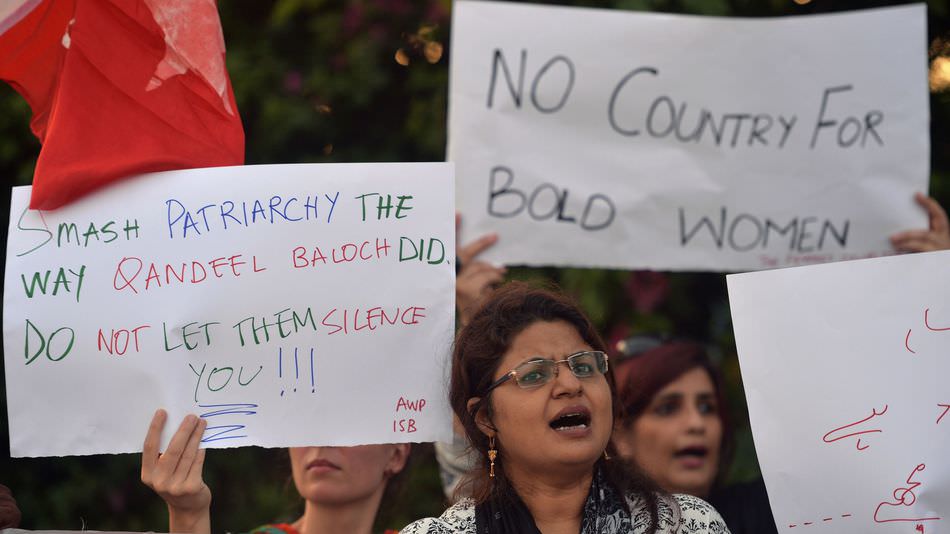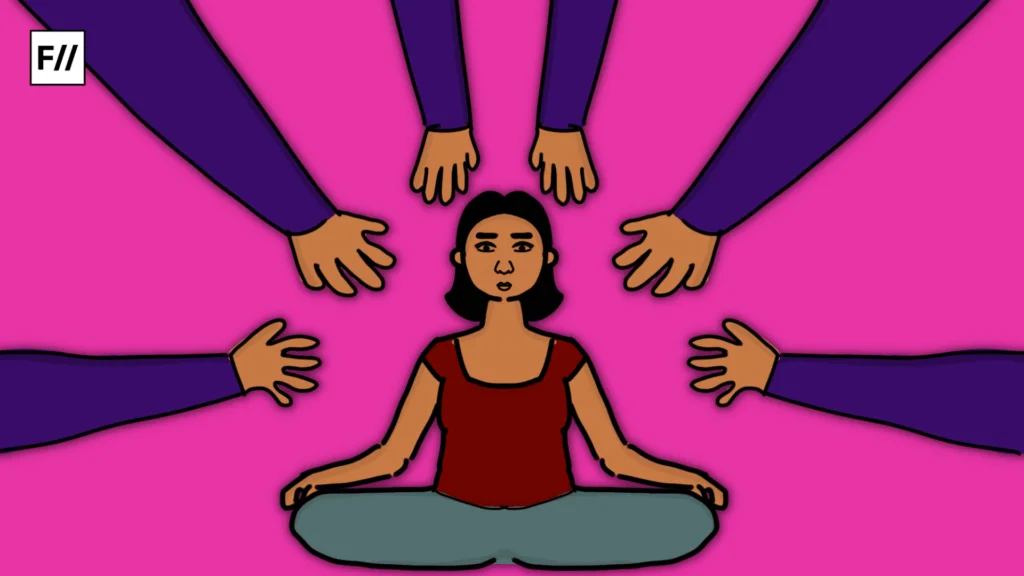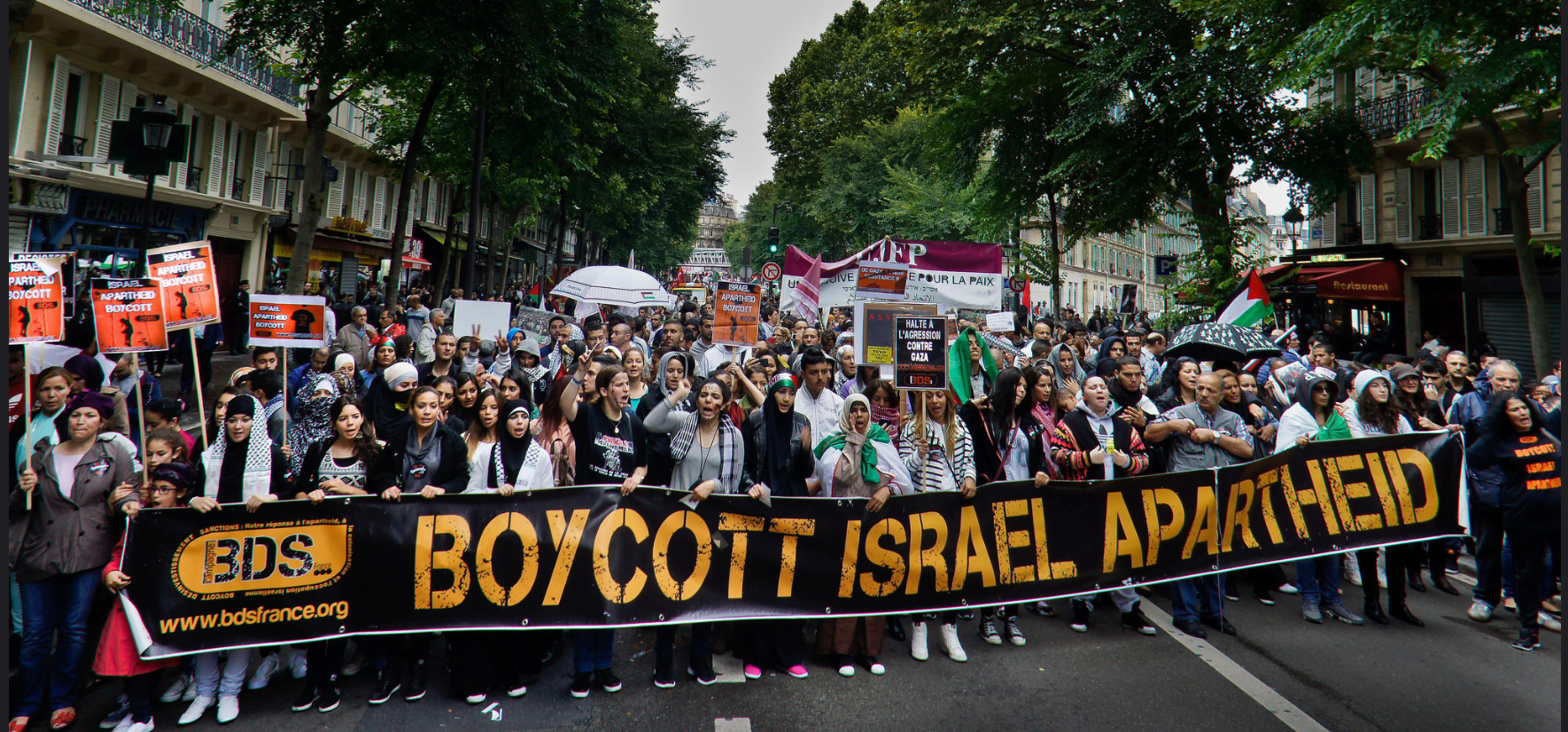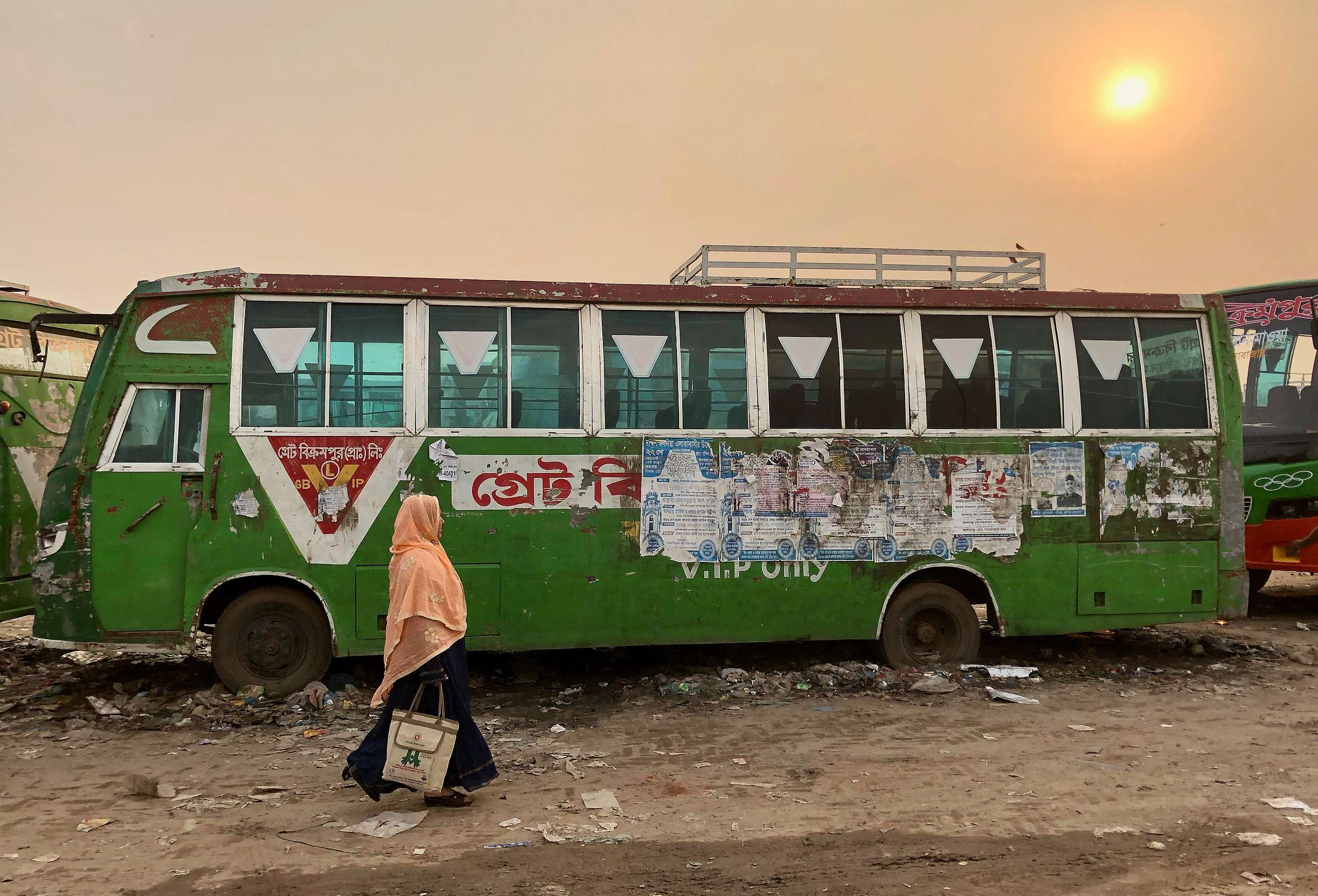Virtual world has become such a significant aspect of our lives that we can’t escape it anymore. Technology and internet have engulfed our world in the 21st century. Social media has become an impregnable phenomenon and is impacting our lives in ways unimaginable and undecipherable. As we are still struggling to learn how this phenomenon may affect us, social media is expanding its reach and bringing more and more people under its umbrella. While it is still thought that social media is limited to virtual life and thus what happens in online space is not real, there are more and more incidents where social media and online spaces have become unsafe for everyone – especially the women and other vulnerable groups.
Most girls having social media presence are subjected to harassment in the form of comments, offensive messages which include abuses, call for sex, nudes and so on. Women, who use online spaces to express their different point of views, are often threatened to be raped, burned alive, kidnapped, molested, and ridiculed etc. However, no matter how much these harassment may affect them on a psychological level, these women and girls are often told that whatever is happening is in an intangible space and thus will not be affecting them in real life. This gives birth to oblivion and numbness towards harassment happening in social media spaces.
A recent example of this was Pakistan’s social media celebrity, Qandeel Baloch. Baloch’s rise to popularity, her reign over the social media throne and her unfortunate and abominable murder for ‘honour’ is a fine example of how a woman’s activities in the online space have such real and fatal consequences in their real lives.
Baloch rose to fame for her brazen actions to claim her sexuality in an online space; an act very unorthodox and unseemly in the Pakistani society. She was constantly ridiculed and trolled for her seemingly bold videos and photographs. She was the butt of internet jokes and memes and was persistently called out for anything she did in an online space. Apart from being targeted by trolls, Qandeel was quite often given rape and death threats so openly under the comments’ section of her posts. In spite of all this, Baloch was fearless and always took the trolls head on. Perhaps her fearlessness and absolute denial to let the hate get to her was what got to the society’s square view of how a woman ‘should’ be.
Despite using a pseudonym, Qandeel Baloch, she was outed by the mainstream media which proved to be a major factor in her demise. As mentioned in an article on Dawn,
“With Qandeel gone, not only is it time to talk about outdated feudal customs that she may have fallen victim to, it is also time to question the media’s role in creating a frenzy and appetite around her, her death and the events leading up to it.”
On the eve of July 15th 2016, Qandeel was laid to rest forever by her brother, Waseem Azeem, who strangled her to death at her residence. Qandeel’s death was influenced by the social media hatred that she received and the sense of family ‘honour’ that was apparently put at stake due to her online life. This is the hapless reality of social media for women in Pakistan and in the South Asian societies, in general – and yet, it is a phenomenon that is not widely understood and taken notice of.

Image Credit: Mashable.com
The effects of our online presence on our offline lives are not just limited to the lives of influencers like Baloch. This affair is very prevalent in the lives of even common girls and women in Pakistan.
As I spoke to different Pakistani women coming from different walks of life, it was evident that social media presence makes a huge impact on their everyday lives. Sara*, an ACCA student at a local institute said, “Whenever I use my Facebook profile to share a post about something that I believe in, I am either made fun of or abused. My posts are not met with logical arguments to counter them but with trolling and shaming.” This is a common reaction that many opinionated Pakistani women, who use social media as a tool to express themselves, so often get.
Eman Suleman, an undergrad student at a reputable Pakistani university, recalls her experience at a conference regarding this, “I was a part of a campaign which was focused on highlighting some taboos in the Pakistani society. We chose the theme of menstruation and somehow the campaign got viral, and we started to receive a lot of recognition for it. The response was overwhelming initially and we got a lot of praise for it. However, not soon after, the hate and threats also started to pour in. People would abuse me and my friends online and give us rape and death threats.” When asked how this affected her real life, Eman said, “It affected me very negatively. I was traumatized mentally and was very scared of whatever was happening to me. All the abuse and threats affected me psychologically. Worse, I was not supported by my family and instead was told that I brought shame to the family by openly talking about menstruation. My friends were unable to understand the anguish that I was going through and kept telling me that it’s all virtual and unreal. It will never happen in real life. But I was forever scared for my life and safety.”
While speaking to a woman rights activist from Peshawar, Shaheena*, a harrowing fact was discovered. She recalls, “So often, girls in Peshawar and other more regressive parts of the country are killed if they are found to be befriending unknown males on Facebook. Sometimes they are punished even if they are not involved in the act. A mere message from a male stranger can get them killed in the name of honour.”
Laila*, a doctor in the making, narrates her experience saying, “My brother found out that I talk to a guy from school on Facebook and he told my parents. I was not allowed to go to school for days and to use the internet unsupervised.”
While more and more women are reclaiming online spaces by using digital platforms to express their opinions and raise their voices, they live in constant fear of what it might mean for their offline lives. This, however, does not mean that the most ideal thing to do is to shut off and disconnect. The onus is on each one of us to make spaces safer for each other; more so on the privileged to call out their peers and ensure a safe and secure internet for all.
*Disclaimer: Names of some interviewees have been changed upon their request.




